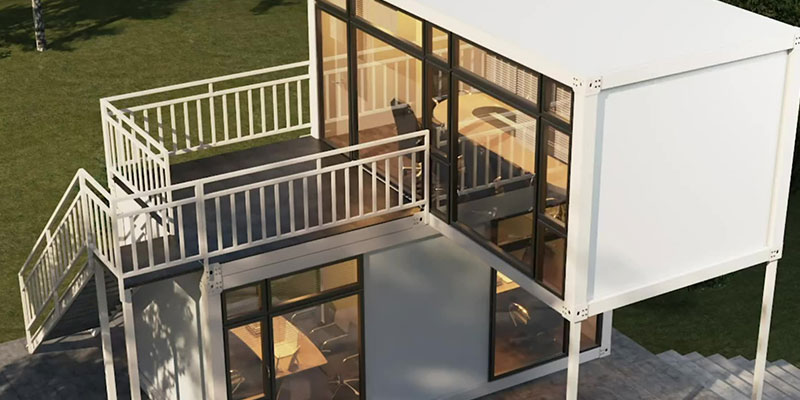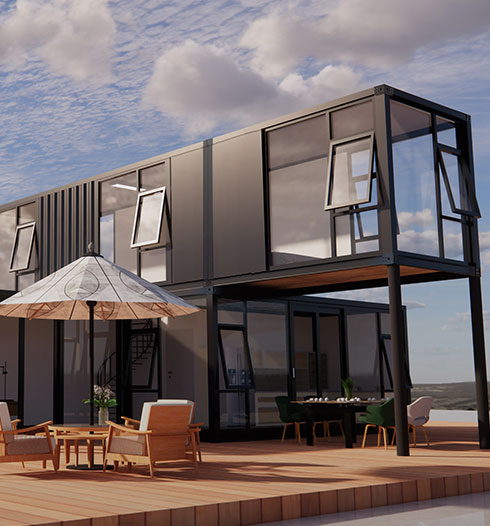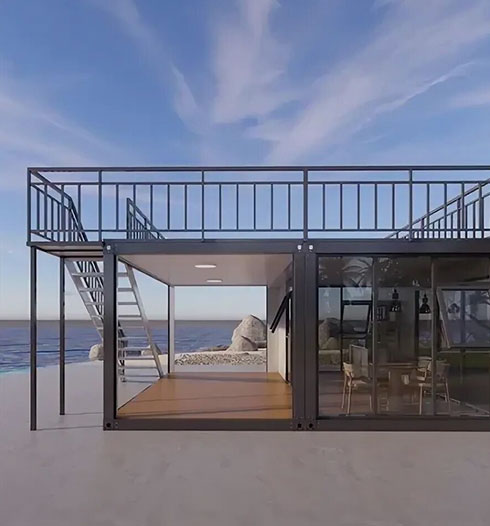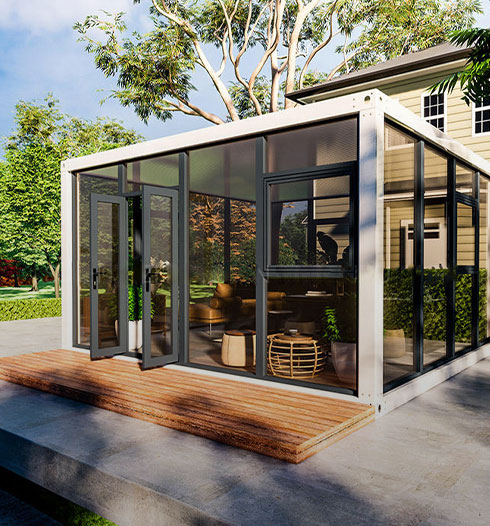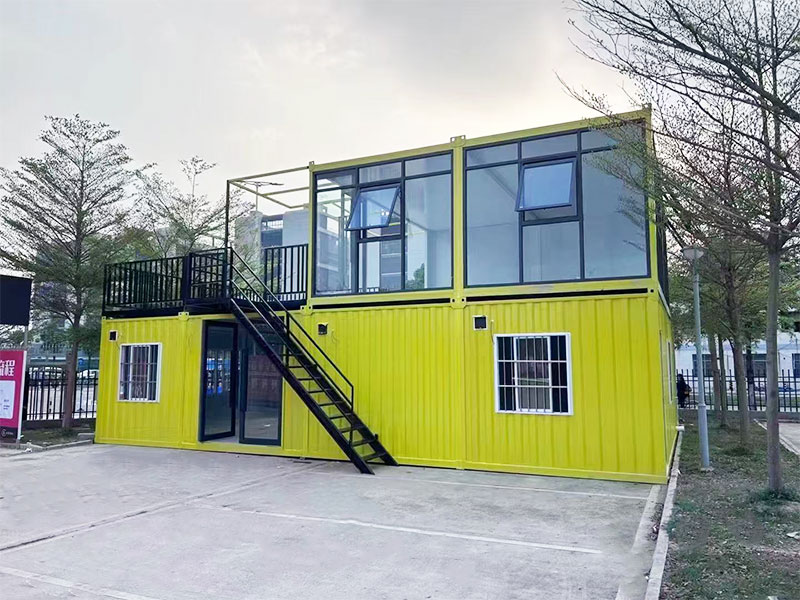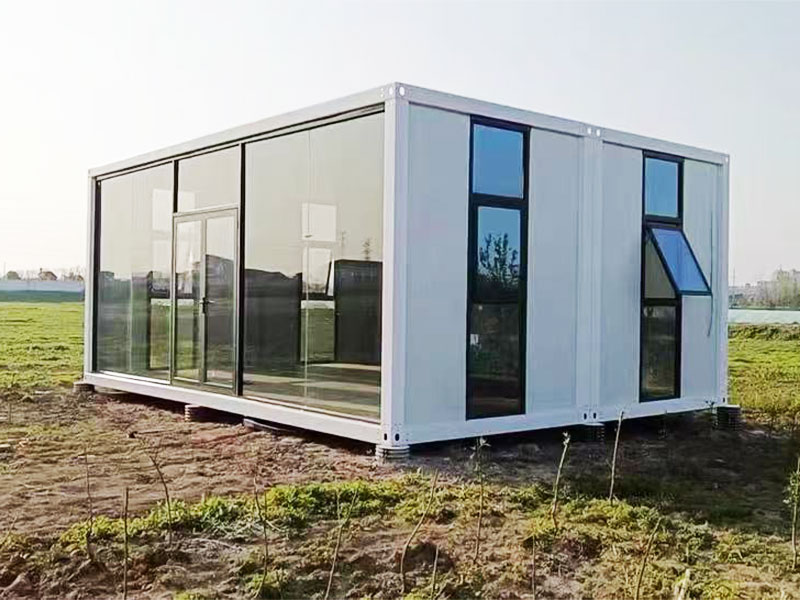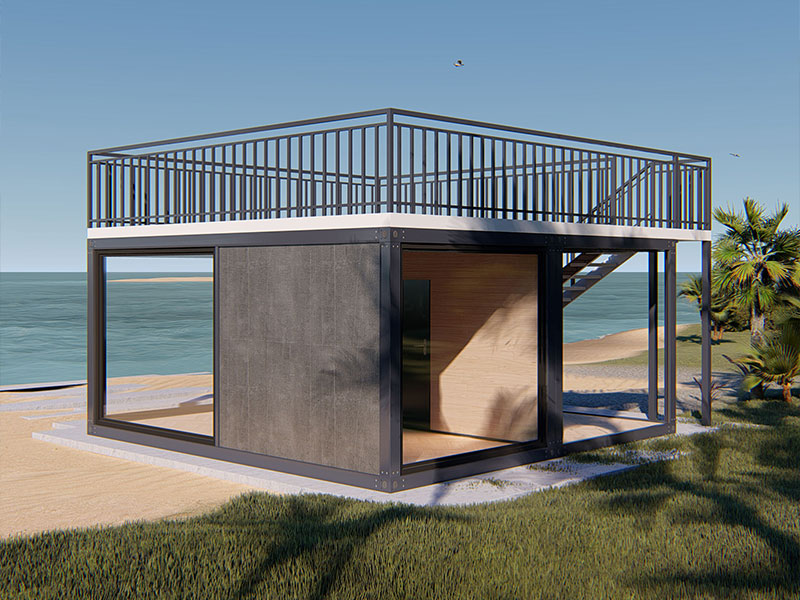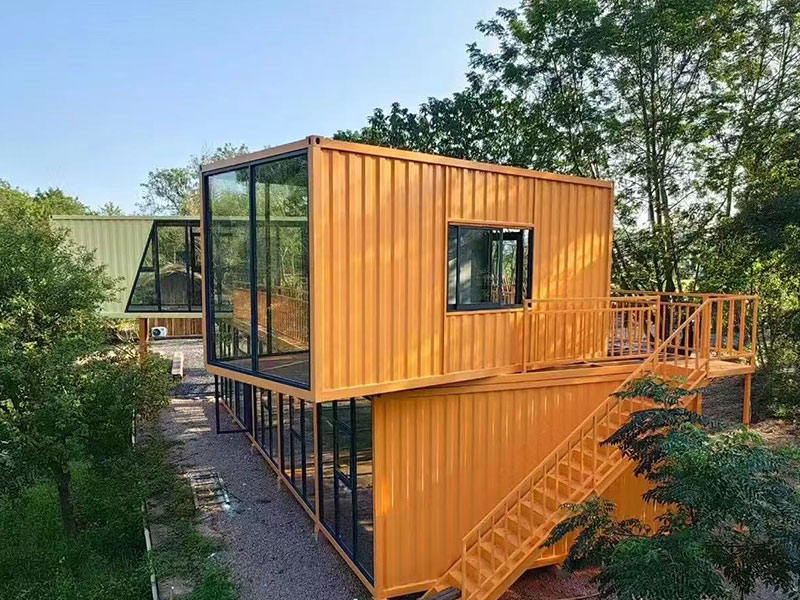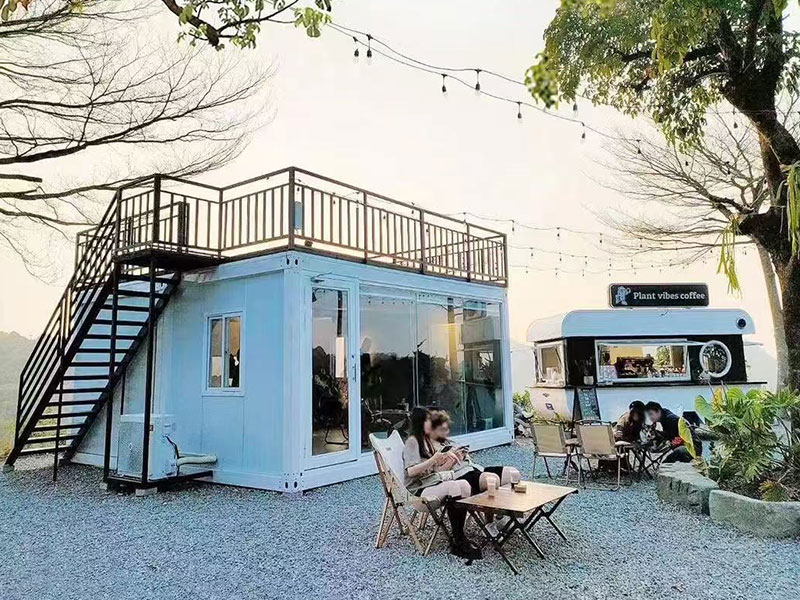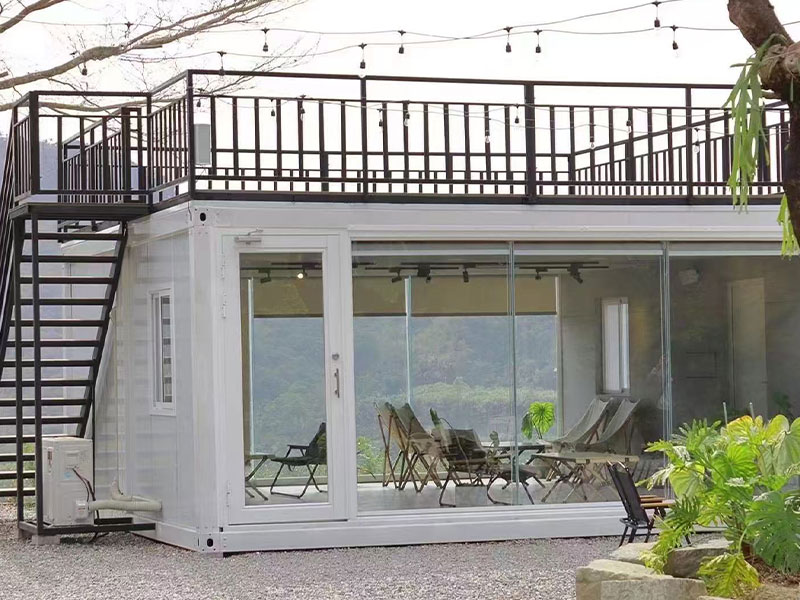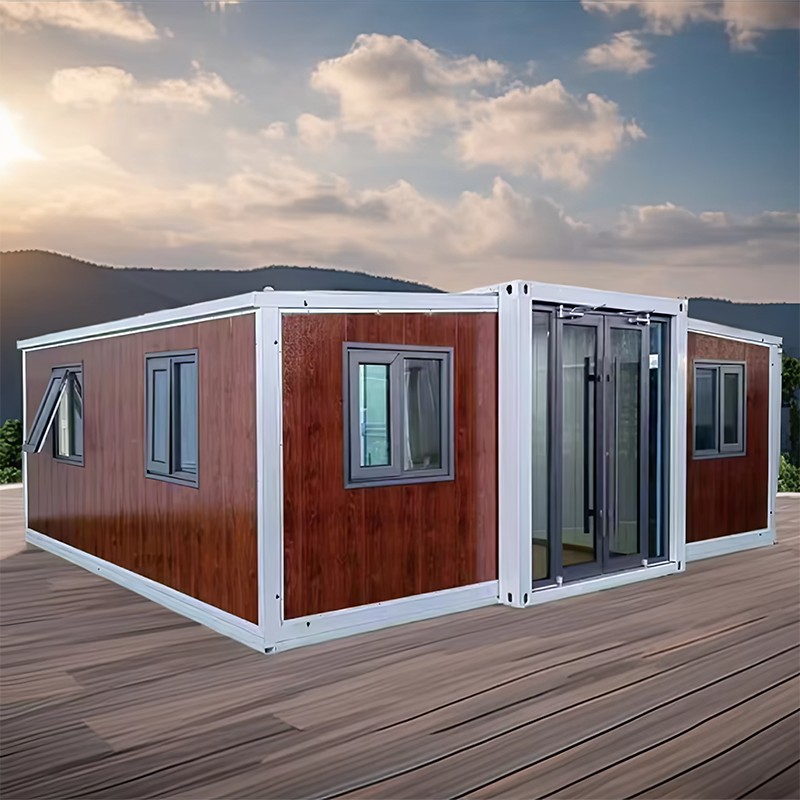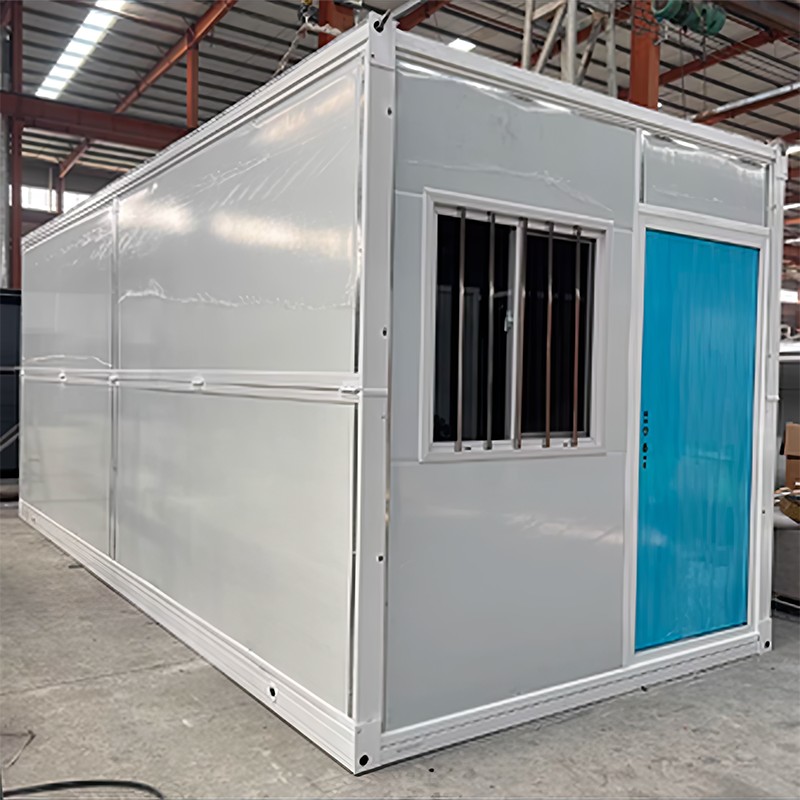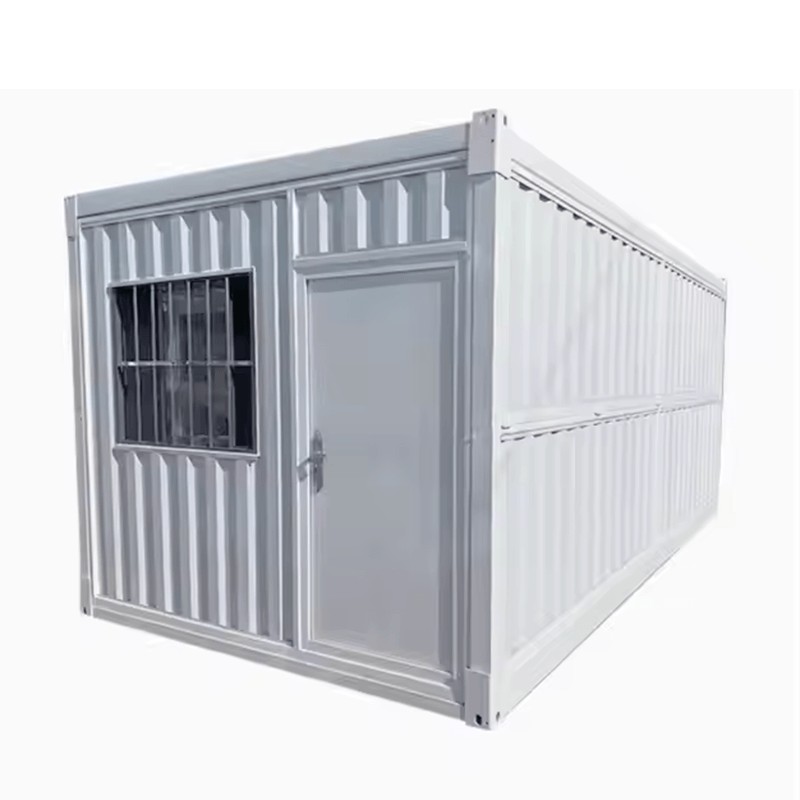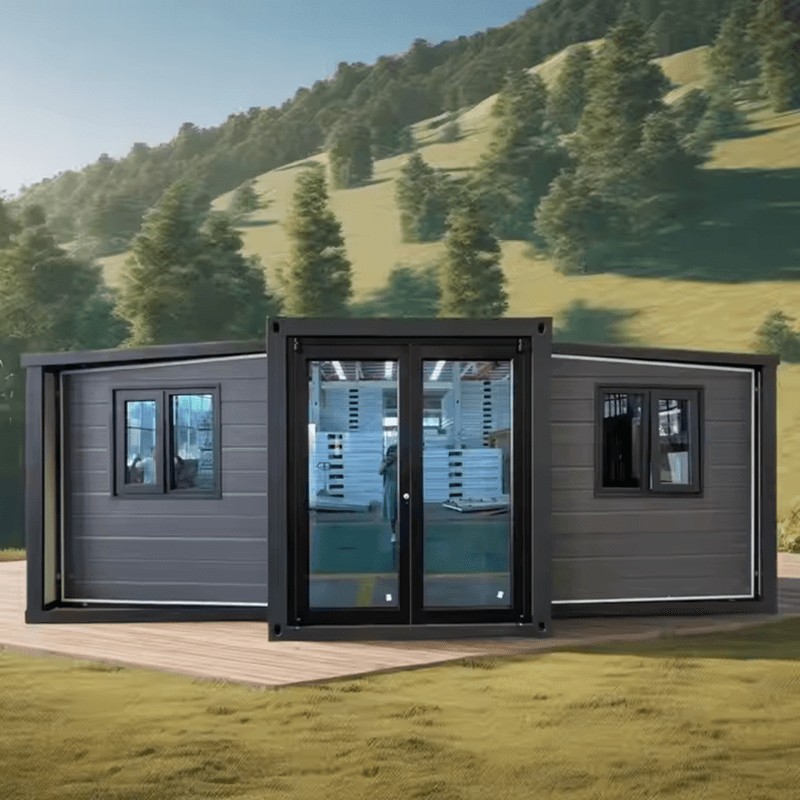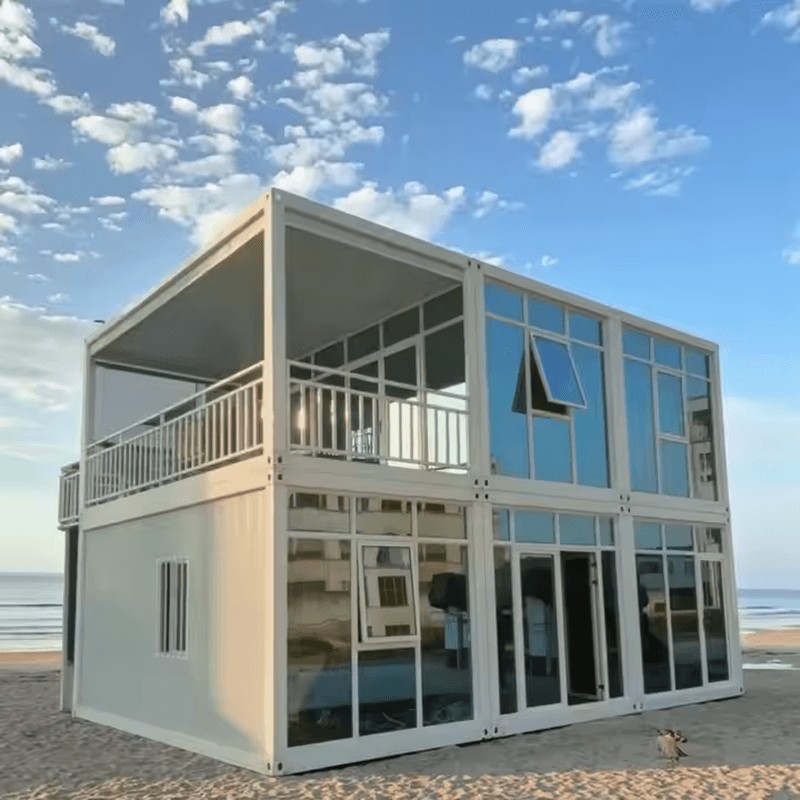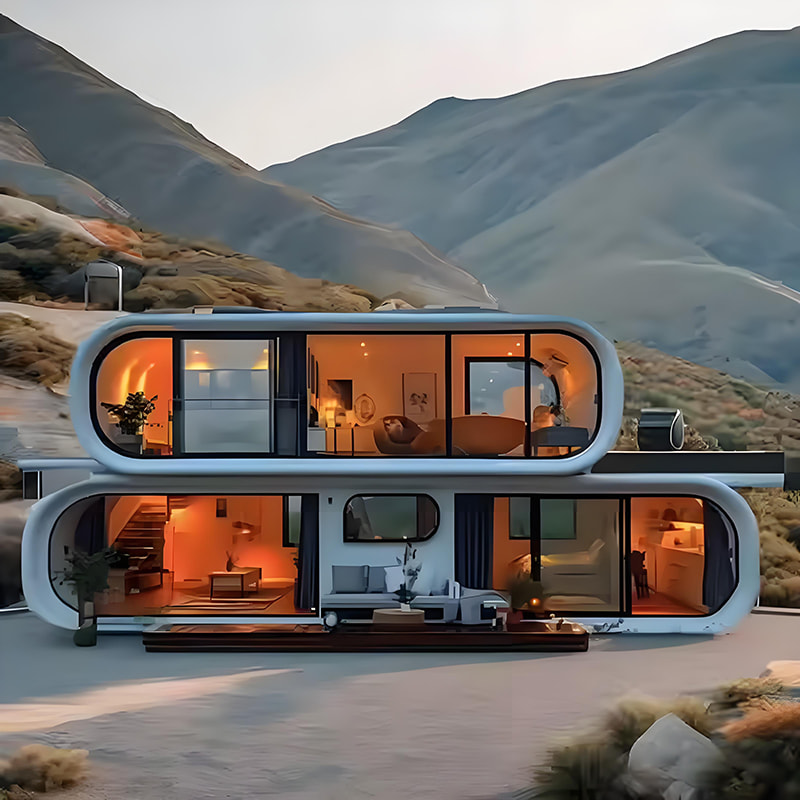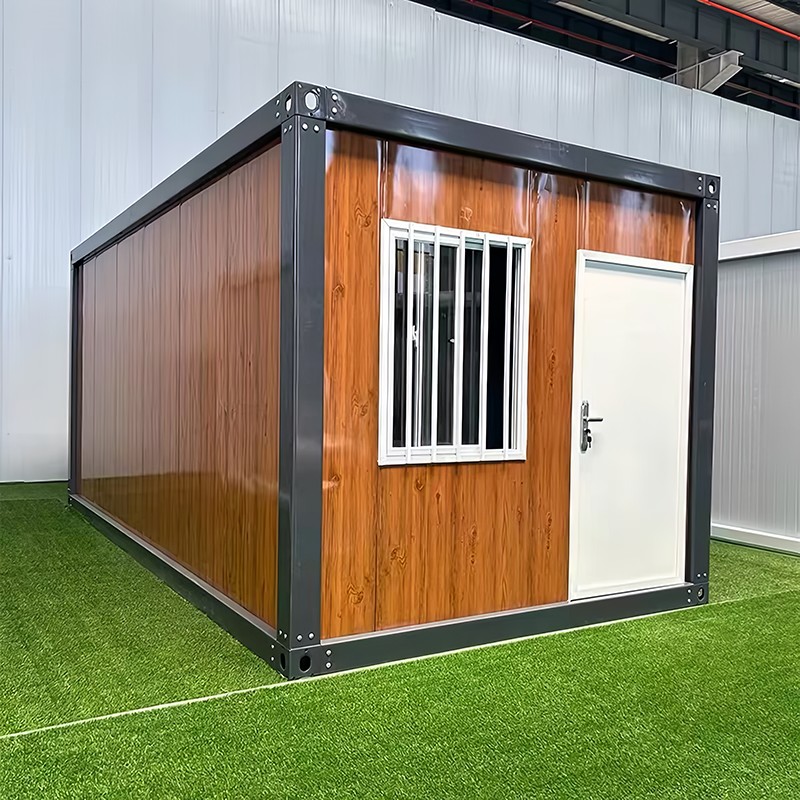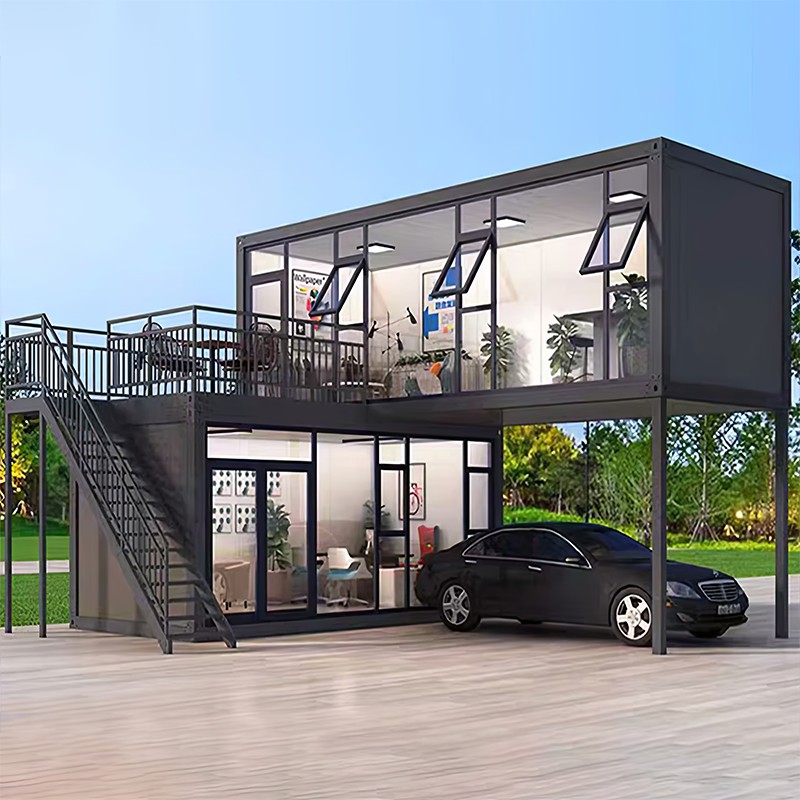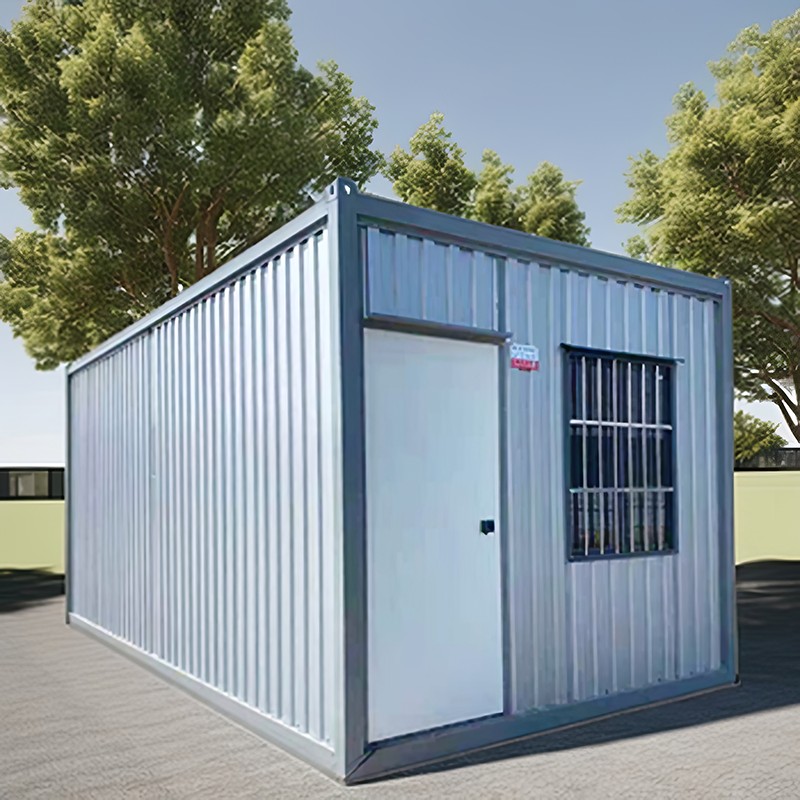At a time when traditional building systems are increasingly facing multiple challenges in efficiency, environment and flexibility, Foldable Container Mobile House has entered the public eye with a new structural logic. Among them, modular design has become one of its most groundbreaking core features. It is not only an innovation in technical means, but also a fundamental change in architectural thinking, which is reconstructing people's understanding and use of architectural space.
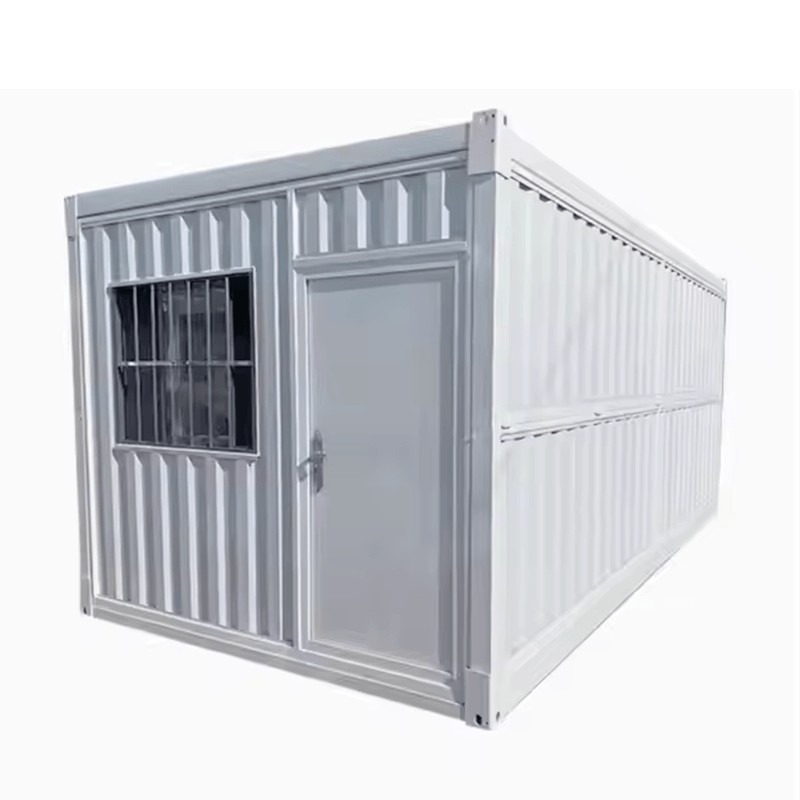
Modularity means the systematic deconstruction and reorganization of the entire building. The design logic of Foldable Container Mobile House abandons the linear and fixed traditional construction sequence, but builds a flexible, expandable and replaceable space system based on multiple functional units. These units can not only complete their own functions independently, but also be combined into more complex and complete structures through standardized interfaces. Walls, floors, roofs, doors, windows, partitions and other components have achieved the unification of size and interface in the design stage, forming a highly standardized structural language.
The significance of this structural language lies not only in the improvement of construction efficiency, but also in the release of living freedom. In traditional buildings, once built, the structure is difficult to change, and later adjustments often mean large-scale demolition or reconstruction. The Foldable Container Mobile House under the modular concept breaks this irreversible limitation and makes the space truly "growth-able". Users can easily expand or delete the original structure according to changes in functional requirements, such as adding rooms, changing the layout, adjusting the direction, etc., which are no longer complex projects, but become an easy operation that is almost "assembled".
What is more noteworthy is that this modularization is not only a construction method, but also a transformation of thinking. It gives the building systematicity and logic, so that the building is no longer just a pile of physical space, but a "structural aggregate" that can be controlled, edited, and scheduled. The existence of each unit is identifiable and replaceable. This standardized structural design makes the building highly sustainable and increases the possibility of reuse and recycling.
At the same time, modularization also gives the building a stronger ability to adapt to the environment. Traditional buildings are often restricted by many factors such as foundation conditions, climate influences, and terrain restrictions, with long construction periods and many site restrictions. The Foldable Container Mobile House breaks away from these constraints through the flexibility and adaptability of modular structure. Different modules can quickly adjust the layout and direction according to the on-site environment, and can be built with minimal intervention even under complex or extreme natural conditions. This transformation from "fixed buildings" to "flexible spaces" is a deep reconstruction of the logic of living.
Going further, modular design also means the "industrial translation" of the construction process. Traditional buildings often rely on manual work, on-site construction and a large amount of manpower collaboration, while the Foldable Container Mobile House has completed the role transformation from "construction" to "production" through factory prefabrication and modular assembly. Construction is no longer a long and uncontrollable process, but a predictable, replicable and controllable process system like manufacturing goods.
This process system also promotes the stability of building quality. Since each module is manufactured in a factory environment, quality standards, production environment and inspection mechanisms can be unified and standardized, avoiding common errors and deviations in on-site construction. The assembly process is more like industrial assembly, reducing the uncertainty caused by human intervention and improving the overall consistency and durability of the building.
From the perspective of residents, modularization means unprecedented autonomy and participation. In the past, most buildings were led by designers, and users could only find adaptable space in the finished products. In the modular system of Foldable Container Mobile House, users become the real definers of space. Space can be freely disassembled, reorganized, and replaced, so the living experience is no longer passive acceptance, but active creation. This process from "other design" to "self-editing" gives architecture unprecedented humanistic freedom.
Foldable Container Mobile House takes modularization as its core concept, which is not only a technological innovation, but also a concrete embodiment of a philosophy of life. It transforms buildings from heavy and complex structural entities to flexible and variable spatial expressions; it transforms living from restricted and closed spatial experiences to free and open lifestyles. In this process, modularization is not only an update of construction methods, but also a deep leap in human living culture.
It shows "building houses like puzzles", "adjusting spaces like changing parts", and "defining layouts like programming", which not only foreshadows the future development path of the construction industry, but also deeply responds to people's inherent pursuit of efficient, flexible and personalized life.
At a time when technology is changing with each passing day and living concepts are continuously evolving, Foldable Container Mobile House is opening a door for future buildings that combines imagination and feasibility with the structural revolution brought about by modularization.
